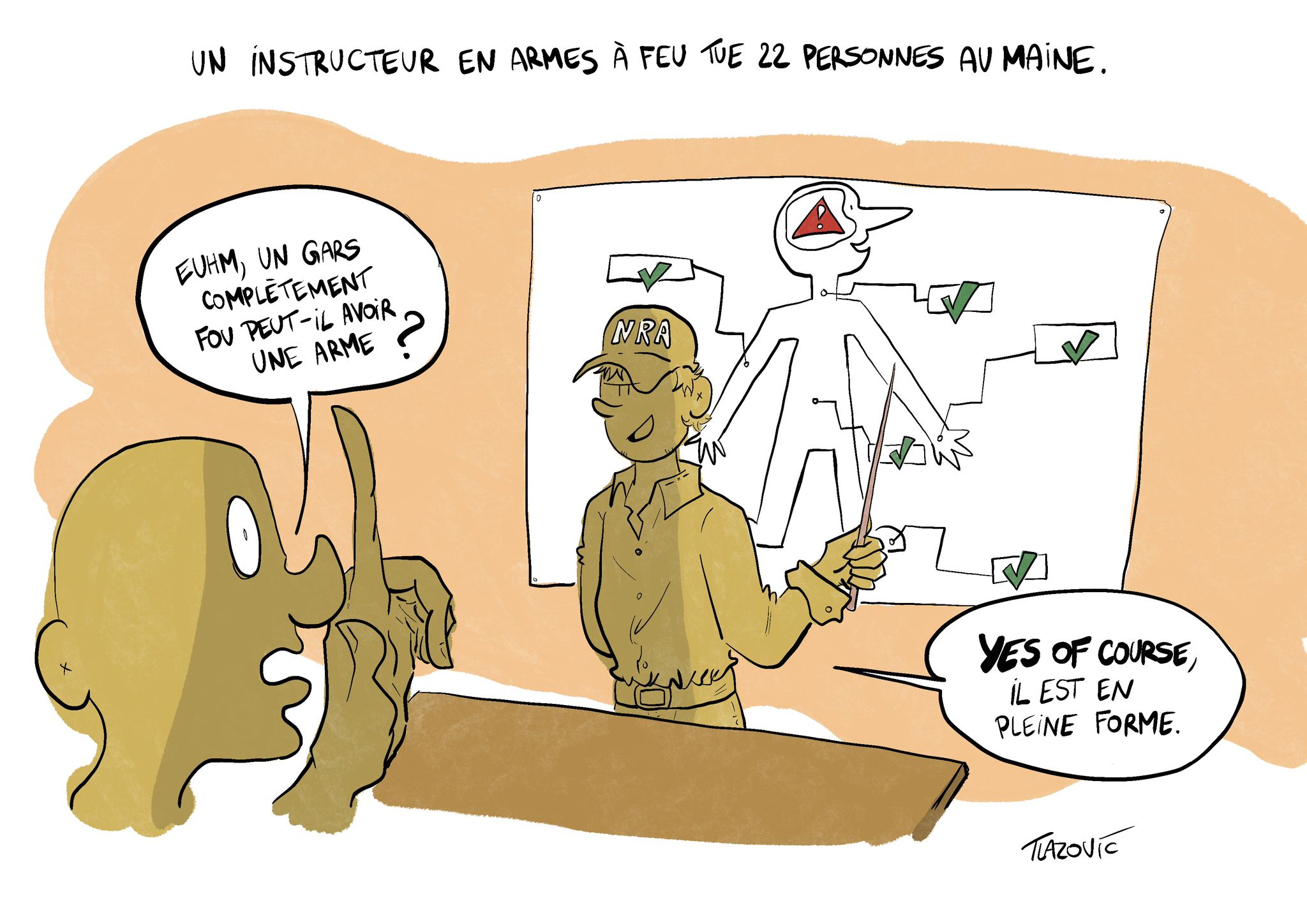As someone who comes from two Latin American countries, this question has troubled me for quite some time… How is it that someone born in say Philadelphia and I, both come from the American continent but only they are called American?
Some might argue that there is not one but numerous American continents and only one American country, which is why they are Americans, and we are South/North/Central Americans. But that wouldn’t make sense, because as both West and East Europeans are Europeans in the end, being from North, South or Central America shouldn’t change the fact that we are all Americans, the cardinal adjectives are only there to divide subregions of a greater one. Granted, the distinction between different European regions culturally and geographically speaking is often made nowadays. But the instances in which we talk about Europe as a whole are far more common than the ones in which we talk about America in that same way.
America?
Although we now call the region spanning from Canada and the US in the North to Argentina and Chile in the South: “America” (or a variation of it), it wasn’t always the case. When Columbus first arrived at the shores of the isle of Guanahaní (now known as San Salvador, an island in modern day Bahamas) in 1492 [1], he thought he was in Asia. Hence, Europeans started calling the place the “Indies” (name derived from India, where Columbus wanted to arrive) [2]. The first mention of America as a toponym* for the continent can be found in Waldseemüller’s Mappemonde of 1507, named after Amerigo Vespucci, a Florentine explorer who Waldseemüller either thought was the “discoverer” of the “New World” [3], or was in support of his “revolutionary concept of the “New World” as a separate continent, which, until then, was unknown to the Europeans” [4] (although sources disagree on the reason, the most commonly accepted theory is the latter). This map, as France and Toth remind us [5], is regarded by the US as a symbolic Birth Certificate. The US Library of Congress even bought the only known copy from German Prince Johannes Waldburg-Wolfegg in 2001 [4]. Funnily enough, as with further inspection, one can observe that the word “America” is written over what is now modern-day Brazil (and not on the US)[6].
The reason why we almost only use “America” for the US is thus, historically speaking, wrong.

But still, the first question isn’t answered, why do we call the USA “America”?
Well, as the British Encyclopaedia tells us: “By 1763 the word “American” was commonly used on both sides of the Atlantic to designate the people of the 13 colonies” [7]. After their separation from the British Empire, the first official mention of “the United States of America” was when Thomas Jefferson redacted the first draft of the Declaration of Independence in 1776 [8] (the name ultimately used in the Declaration of Independence would go on to be “The United Thirteen States of America”. Although the denomination changed ever so slightly, the word “America” in it remained). From then on, America became the country, not just the continent. Although other names were discussed and variations of it were used diplomatically [9][10], the US never changed it, and the toponym “America” for it stuck.

Is it important though?
I think it’s important to understand that much like the US, other American countries also have a long history tied to the word “America”. Just like the US, we too were called the “Colonies in America” by our European metropoles, we too fought for our countries’ freedoms. Many of us fought for American Independence from European metropoles, for our self-determination. We have as much legitimacy to call ourselves American as “Americans”.

We are talking about a massive region filled with a long and complex history. Filled with struggles, hopes, freedom at times, and coups way too often. We have as many musical genres as you could imagine, migration from all over the world has influenced our cultures (yes, the US is not the only “melting pot” in the region).
We are all as American as “Americans”. And I’m not talking about just Latin America. The English-speaking Caribbean, Canada, and even parts of France, England and the Netherlands are also included. These are all peoples who are just as American as “Americans”. Reducing America to just the US, downgrades us to subregions. It oversimplifies our history and cultures and renders a great number of us invisible.

Calling the US “America” also results in problems in scientific research, finding texts about say American history is quite difficult (almost only US related articles are found), which in turn, results in easy misinformation.
Now, I’ll be honest, even Latin-Americans sometimes use the demonym** “American” to talk about people from the US; but unlike Portuguese, Spanish has another commonly used word, the equivalent of which is slowly appearing in the French vocabulary, Estado-Unidense. I’ll accept that its literal translation to English, “United-Statian”, sounds pretty bad. But still, I believe that an alternative ought to be found, as any failure to do so would mean, as previously said, the invisibility of the great majority of our beautiful continent and its peoples and oversimplifying and disregarding our history and cultures. Rather than thinking about one American people, we should start thinking about a plurality of them. From Canada to Argentina, lots of American nationalities, among which of course is the one from the US.
Final thoughts
Although I wouldn’t put this issue at the same level of urgency as other political questions, I still believe this to be an important issue, one of the many symbolic ones which don’t seem to ever be addressed. Perhaps because we don’t have time to address it in an overloaded public opinion. Perhaps simply because it isn’t among most people’s priorities. Whatever the case may be, these issues remain, and nothing is done about it. This, as my fellow SdS*** students will recognise, is an ability that problematic vocabulary often has, its lack of truism makes it harder to tackle (this lack of truism is of course subjective, for some the problematic aspect of the term is obvious, but others never even question it, so changing it doesn’t seem necessary or beneficious to them, some will even see it as destructive).
Given that this a very personal article, I’ll let myself end it by quoting the song by Puerto-Rican rapper Residente that inspired it: “[Saying that America is only the US], is like saying that Africa is only Morocco” [11].
* Toponym: Cambridge Dictionary defines it as “a word that is the name of a place” [12]
** Demonym: Cambridge Dictionary defines it as “a word that is the name for someone who comes from a particular place” [13]
*** Faculty of social sciences – University of Geneva





Laisser un commentaire
Vous devez vous connecter pour publier un commentaire.